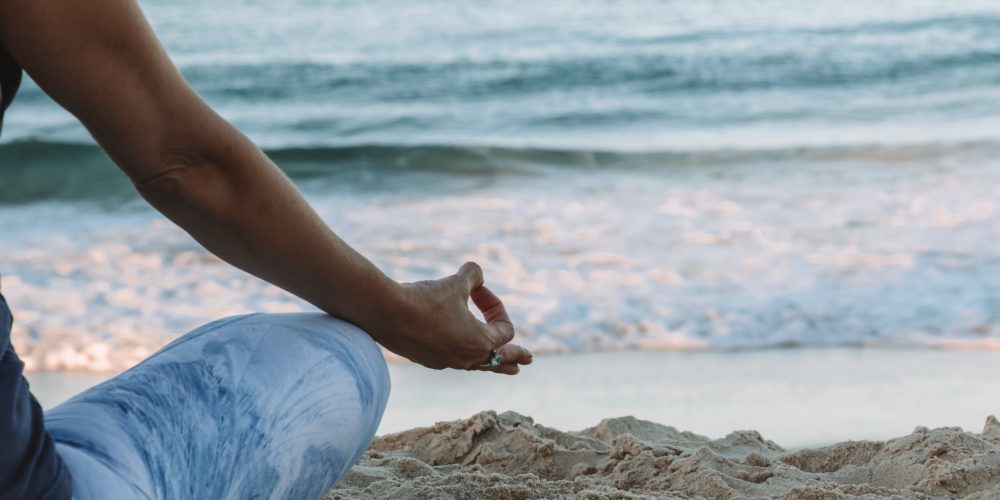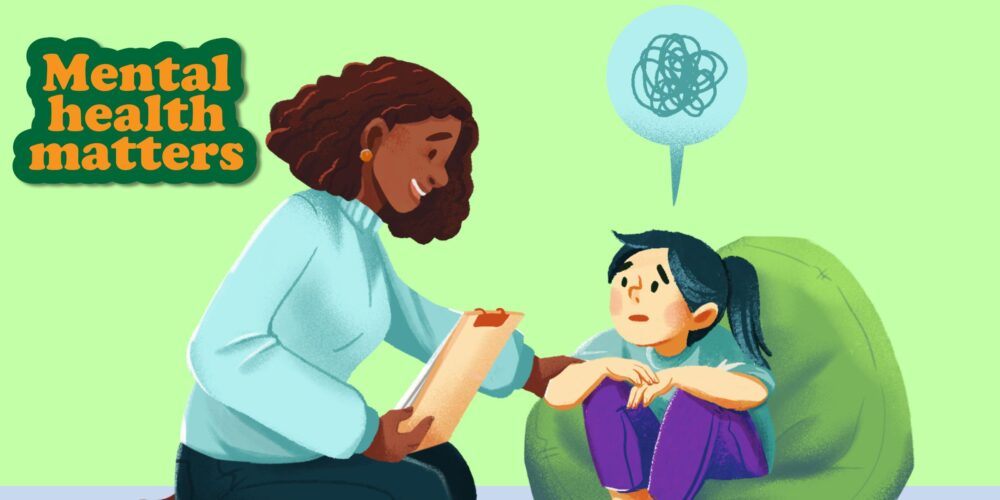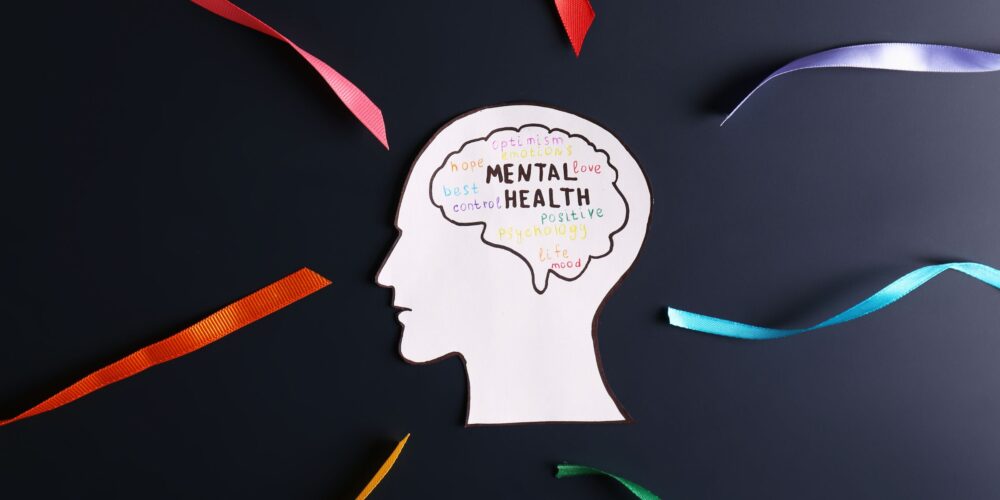In the journey toward mental wellness and addiction recovery, therapy and…

When you are struggling with mental health issues or addiction, you may hear people telling you to be mindful. What does that mean? What are they encouraging you to do? Mindfulness and meditation are often used together. Does that mean you have to meditate to be mindful?
Mindfulness involves focusing on the present moment, acknowledging input from the outside world and its stimuli and also your own feelings and thoughts. It can be a calming process for people in their everyday lives. It can also be incorporated into cognitive behavior therapy as a way to help people deal with depression, stress, anxiety, and even physical pain.
At Greater Essex, we view mindfulness as a powerful tool in helping people manage their stress and anxiety. By helping center you in the moment, it can keep people from the swirling miasma of regrets that overwhelms some people and also from spiraling into worry about the future. That is why we suggest people, even those who are not currently struggling, develop their own mindfulness routine that works for them.
My personal mindfulness routine varies by season. In the summer, I try to spend at least 15 minutes a day in the pool. I have a backyard full of gorgeous flowering plants that surround a small pool with a waterfall. I climb onto a pool float, soaking up sunshine, listening to the sounds of water in the waterfall, and looking at the blooms and the pollinators as they visit them. It is, for me, a blissful experience. When the weather gets cooler, I soak in the tub instead, and the soft glow of candles replaces the warmth of the summer sun. To me, water is very soothing, so I incorporate it into my daily bit of mindfulness. Even if I do not have time for a bath, if I am obviously stressed or overwhelmed, my husband will tell me, “Go take a shower, you will feel better.” He is right. There is something about water that allows me to reset.
If you visit Greater Essex for our counseling services, one of the things we focus on is helping clients find a mindfulness practice of their own. Yours will not look like mine does, because it will be personal to your life, your experiences, and what makes you feel calm and centered. However, finding it is one of the keys to enduring self-care.



